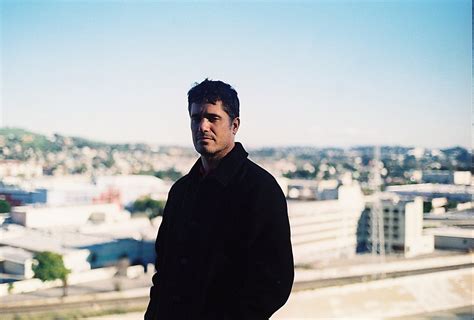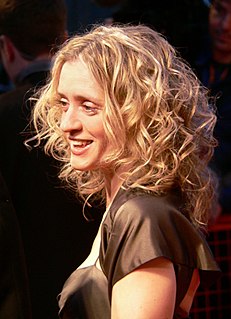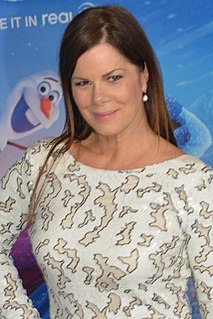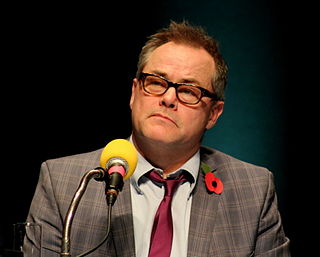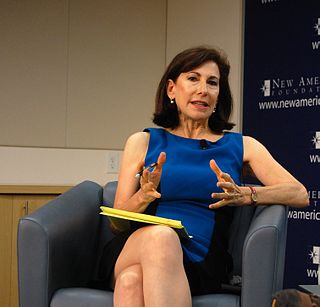A Quote by Dean Koontz
I have to admit that when I watch a movie in which there is no moral context for the violence - I find that offensive. I think that's potentially damaging to society.
Related Quotes
I am very annoyed about this issue. Why can’t it be a choice? Why is that any less legitimate? It seems we’re just ceding this point to bigots who are demanding it, and I don’t think that they should define the terms of the debate. I also feel like people think I was walking around in a cloud and didn’t realize I was gay, which I find really offensive. I find it offensive to me, but I also find it offensive to all the men I’ve been out with.
My approach to violence is that if it's pertinent, if that's the kind of movie you're making, then it has a purposeI think there's a natural system in your own head about how much violence the scene warrants. It's not an intellectual process, it's an instinctive process. I like to think it's not violence for the sake of violence and in this particular film, it's actually violence for the annihilation of violence.
What I like about Layer Cake is its intelligent through-line. First of all, I think it's very close to the truth; I think this is what successful drug dealers are like. They don't drive around in flashy cars, they don't show off, they behave very quietly, they get on with their job and they earn lots of money. And it goes up and up and up and up the scale. Secondly - and selfishly - I like the moral aspect of the movie, which is that violence has consequences, and you feel emotionally involved with the violence.
Ethan [Hawke] just - they got along great. He got to act with a dog, for real, and it felt like Jumpy was acting with him. It was a surreal thing to watch. When you watch the movie [Valley of Violence], you just kind of accept it. But if you do think about how we show - there's a dog and a movie star interacting - and you buy it. That's crazy.
Any of us who listen to the news or listen to stories our neighbors tell are accustomed to violence. We have to decide then to ignore the violence and create a gentler world in our fiction, or to heighten the violence through the use of point-of-view in order to explore it and gain some insight and understanding. Since I'm living with the violence and trouble in my brain, it's kind of a relief to write about it, to get it on paper, to put it in context, to find meaning in it.
This is another thing which I really like investigating in my novels: what is it that makes an intimate society, that makes a society in which moral concern for others will be possible? Part of that I think are manners and ritual. We tried to get rid of manners, we tried to abolish manners in the '60s. Manners were very, very old-fashioned and un-cool. And of course we didn't realise that manners are the building blocks of proper moral relationships between people.


